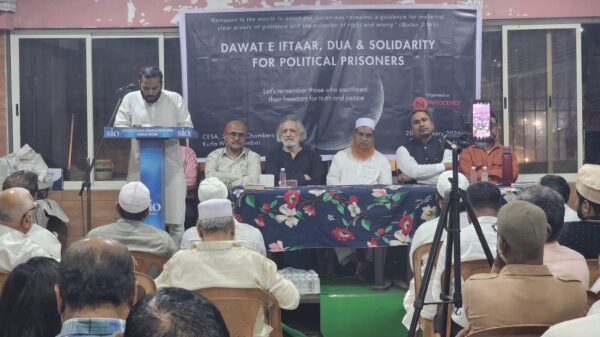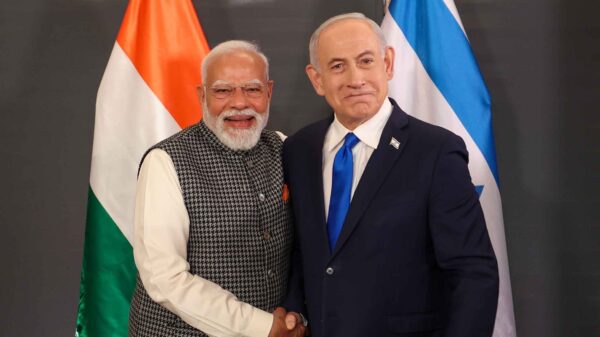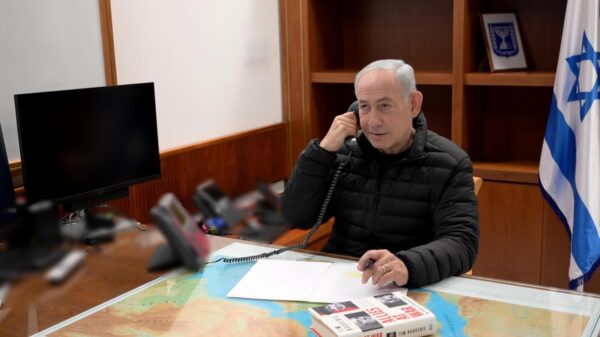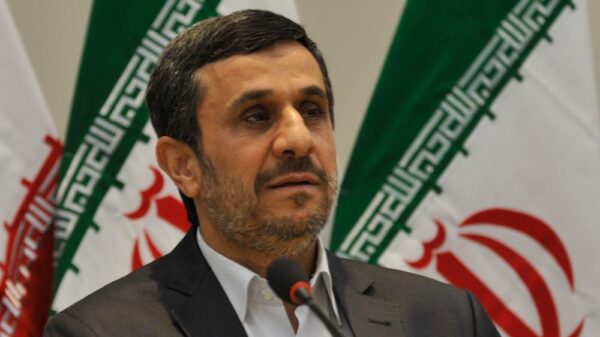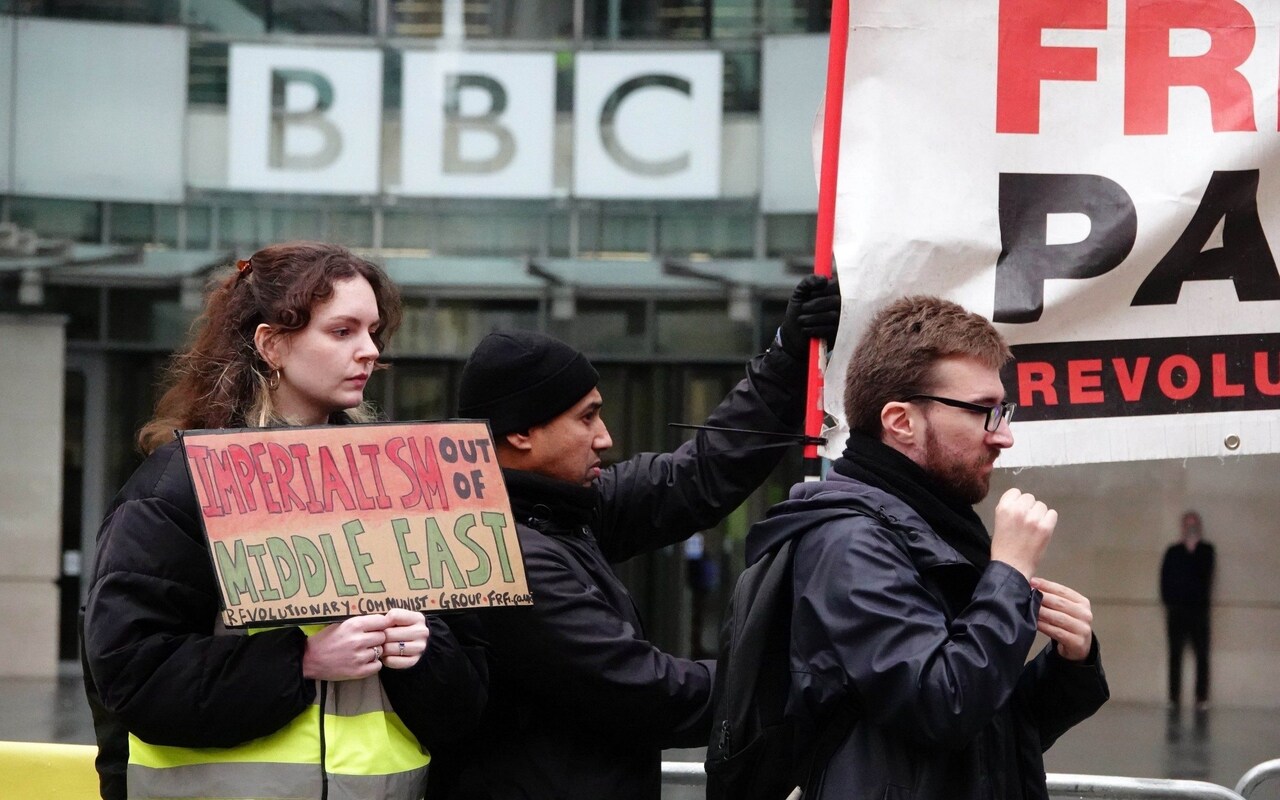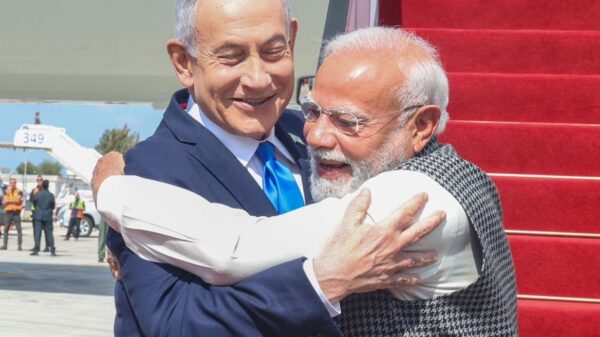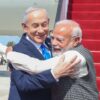In a letter to Al Jazeera, eight BBC journalists allege that the broadcaster is failing to present an accurate portrayal of the Israel-Palestine conflict. The journalists claim a bias favouring Israeli victims, inadequate humanization of Palestinians, and a lack of historical context. The letter, sent amid escalating humanitarian concerns in Gaza, criticizes the BBC for framing events as a result of Hamas actions and neglecting the broader historical context.
The journalists argue that terms like “massacre” and “atrocity” are selectively applied to Hamas, contributing to a skewed narrative. They call for the BBC to prioritize equal treatment of all civilians and express disappointment in the insufficient humanization of Palestinian civilians. The letter suggests a perception of hierarchy in valuing certain lives over others, with concerns raised by people of colour among the co-writers.
The journalists said: “The BBC has failed to accurately tell this story – through omission and lack of critical engagement with Israel’s claims – and it has therefore failed to help the public engage with and understand the human rights abuses unfolding in Gaza.
The journalists contend that the BBC’s coverage lacks consistent and sensitive storytelling about Palestinians, especially since the conflict escalated. They highlight a delayed effort to humanize Palestinian civilians, questioning the influence of government positions on media coverage.
Additionally, the letter criticizes the BBC for unequal questioning of guests, with Palestinians asked to condemn Hamas but not holding Israeli supporters equally accountable for their government’s actions.
“Thousands of Palestinians have been killed since October 7. When will the number be high enough for our editorial stance to change?” the letter said.
“…We are asking the BBC to better reflect and defer to the evidence-based findings of official and unbiased humanitarian organisations,” it said.
“It is largely in the last few weeks – as civilian deaths have exponentially increased and Western countries’ appetite for Israel’s attacks has waned – that the BBC has made more effort to humanise Palestinian civilians. For many, this feels too little too late, and shows that the positions taken by governments in the UK and US have undue influence on coverage,” the letter further read.
The BBC spokesperson denies these allegations, emphasizing the network’s commitment to reporting the human cost on both sides and its on-the-ground reporting in Gaza. The spokesperson points to specific examples of coverage that include human stories of Palestinian suffering.
This controversy adds to recent challenges faced by the BBC, including criticism from the UK Defense Secretary for describing Hamas fighters as “militants” rather than “terrorists.” The network has been accused of bias from various perspectives, reflecting the divisive nature of the Israel-Palestine conflict.








